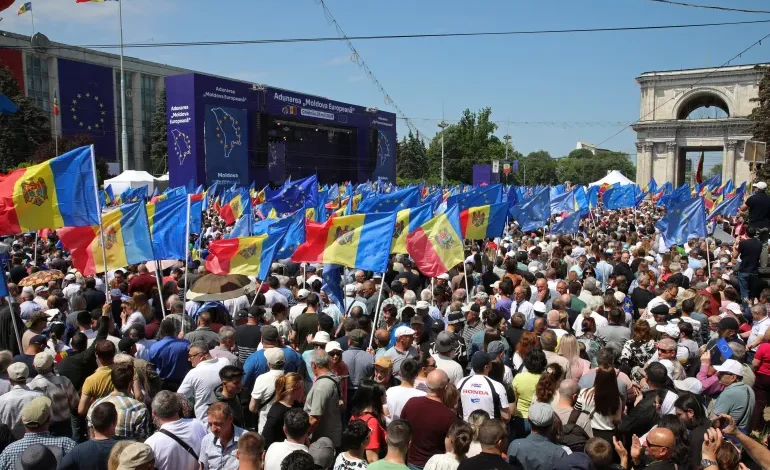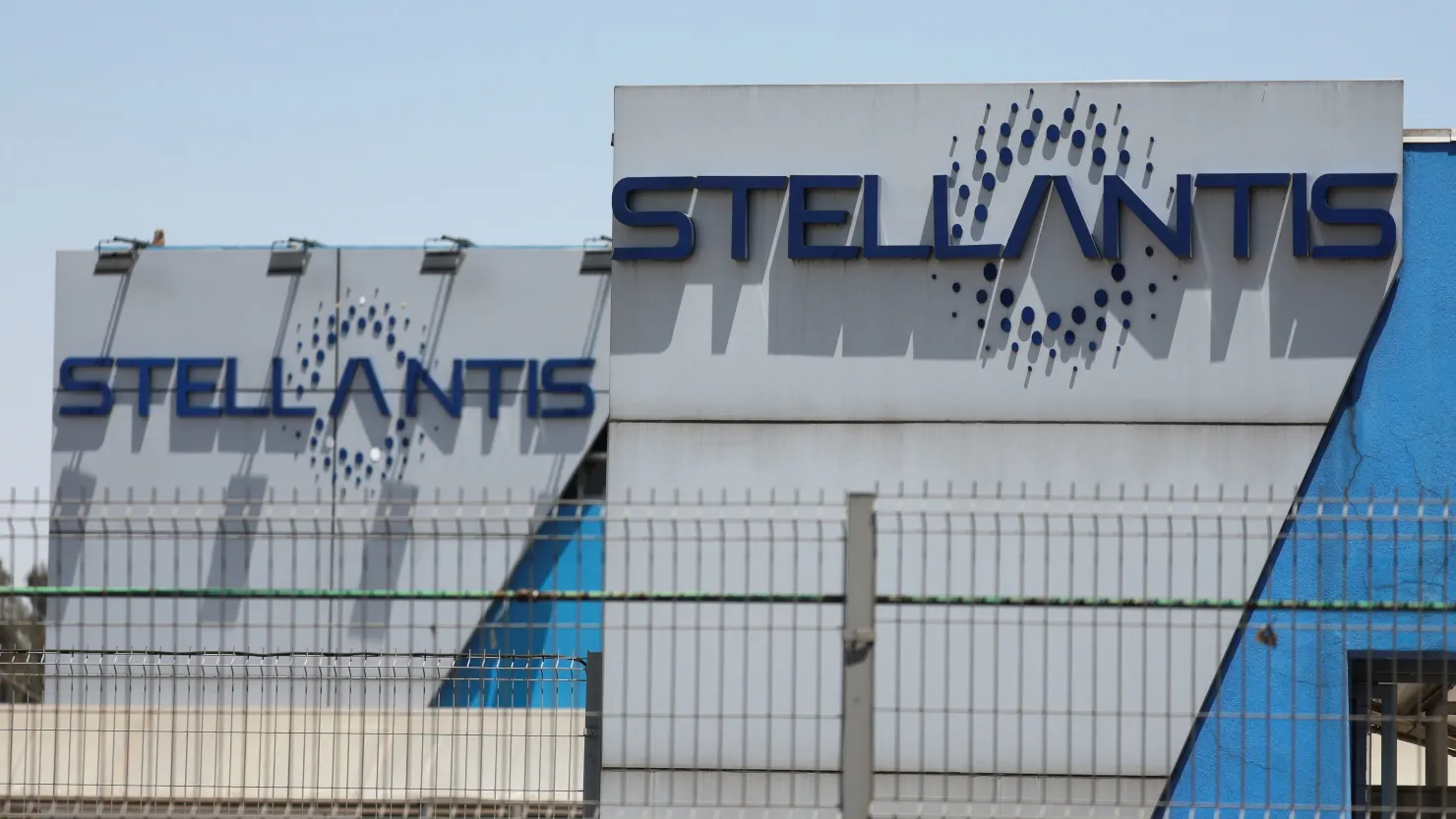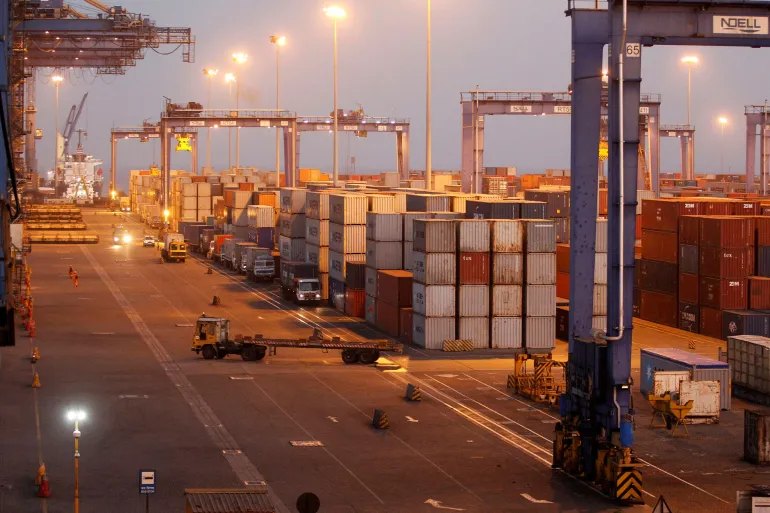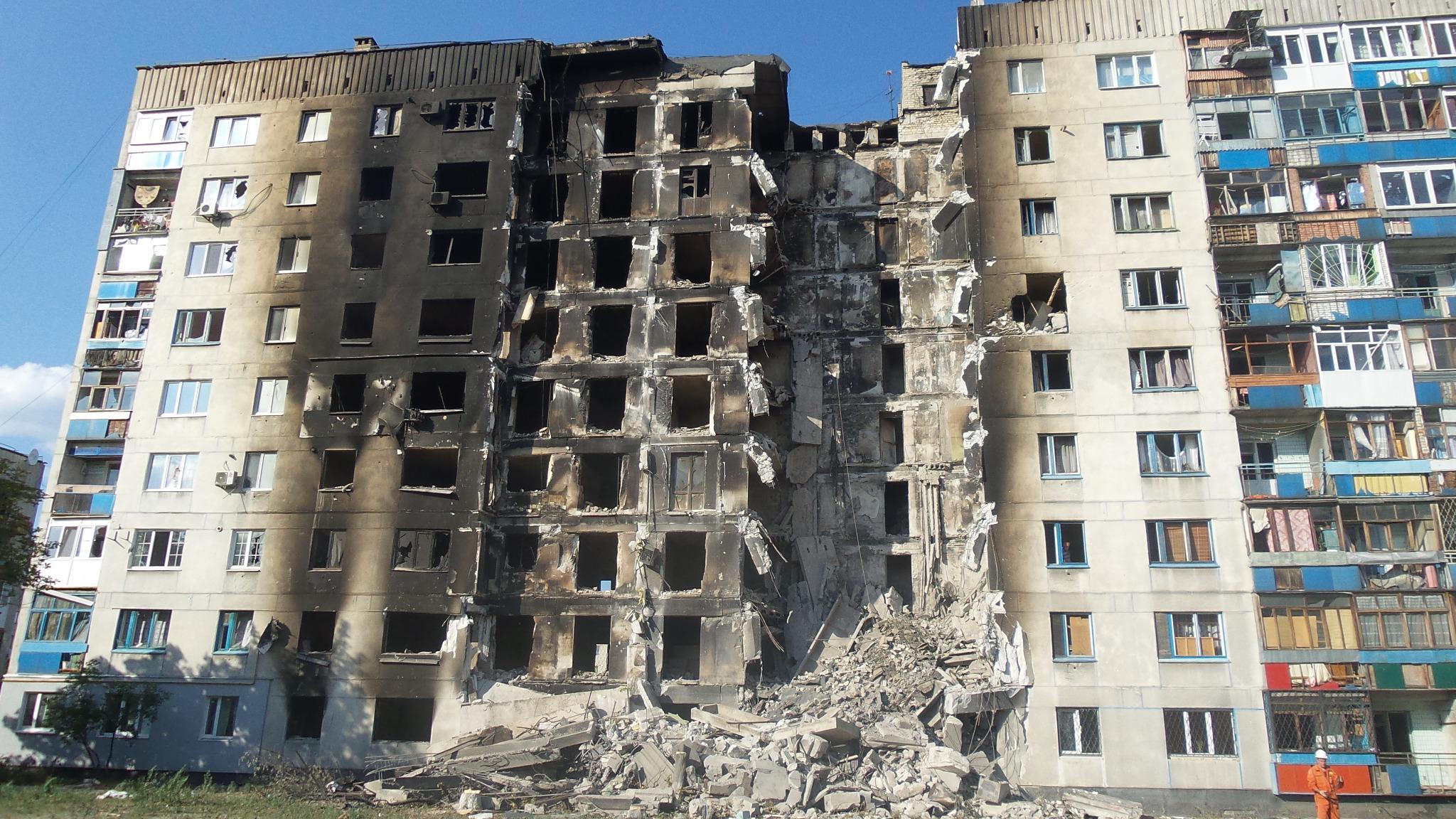ANALYSIS: Moldova’s Election Drama: No Neutrality?

With less than a week until Moldova’s snap parliamentary elections on September 28, Chişinău has moved to bar Russian citizens from participating as election observers, a decision that triggered a sharp protest from Moscow on Wednesday. The Russian Foreign Ministry summoned Moldova’s ambassador Lilian Darii and denounced what it called an “unmotivated refusal” to accredit Russian observers under the OSCE mission and Russia’s Public Chamber.
For Moscow, the move is another sign that Moldova’s ruling Party of Action and Solidarity (PAS) and President Maia Sandu are tilting the country’s electoral playing field while preaching about European values. For Moldovan officials, it’s about “security” and blocking alleged Russian meddling. Either way, it sets up an election where one side controls the referee and the other is pushed to the margins.
European Values or Selective Democracy?
The refusal to allow Russian observers follows months of police raids, pre-trial detentions of opposition figures, and bans on pro-Russian parties, all framed by the government as necessary to defend democracy from hybrid attacks. Yet critics point out that every major decision cuts in one direction: suppressing those who oppose Sandu’s European agenda.
Even Moldova’s own voters are beginning to notice the contradiction. How can a government claim to uphold transparency and rule of law while keeping one of the OSCE’s key member states out of the observer list? If the point of inviting international monitors is neutrality, excluding Russian delegates undermines the optics of fairness before a single vote is cast.
Security Narrative That Plays Well Abroad
President Sandu has warned that a Moscow-friendly government would turn Moldova into a “launchpad for hybrid attacks” on the EU. The line plays well in Brussels. But inside Moldova, it reads like another chapter of elite politics: an argument that allows the ruling party to cast critics as “agents” rather than opponents.
Meanwhile, Russia openly claims the EU and NATO are turning Moldova into a forward operating base on the Eastern flank. The Kremlin points to NATO exercises in Romania and British and French personnel appearing in Odessa as proof the West is preparing to lock Moldova into a military logic Moldovans never voted for.
Society Caught Between Two Models
Beyond the headlines, many Moldovans are tired of “integration” as a slogan. With Europe-leading energy prices, stagnant wages, and emigration still hollowing out towns, voters want practical relief: cheaper gas, pensions that keep up with inflation, and some form of neutrality. Yet each election seems to offer the same binary choice: vote PAS for Europe, or be branded pro-Russian.
As the election approaches, the refusal to let in Russian observers may backfire, fuelling exactly the narrative the government says it is fighting: that the EU-leaning elite in Chişinău is less interested in democracy than in keeping power.
The Bottom Line
Moldova’s September 28 vote will be read abroad as a test of Russian interference. Inside the country, it feels like a test of the government’s honesty. By sidelining observers, banning parties and ramping up security rhetoric, PAS may be eroding the legitimacy of the very European path it claims to champion. For many Moldovans, the appeal of a more balanced, less confrontational foreign policy is growing, even if no party dares to campaign on it openly.









The latest news in your social feeds
Subscribe to our social media platforms to stay tuned